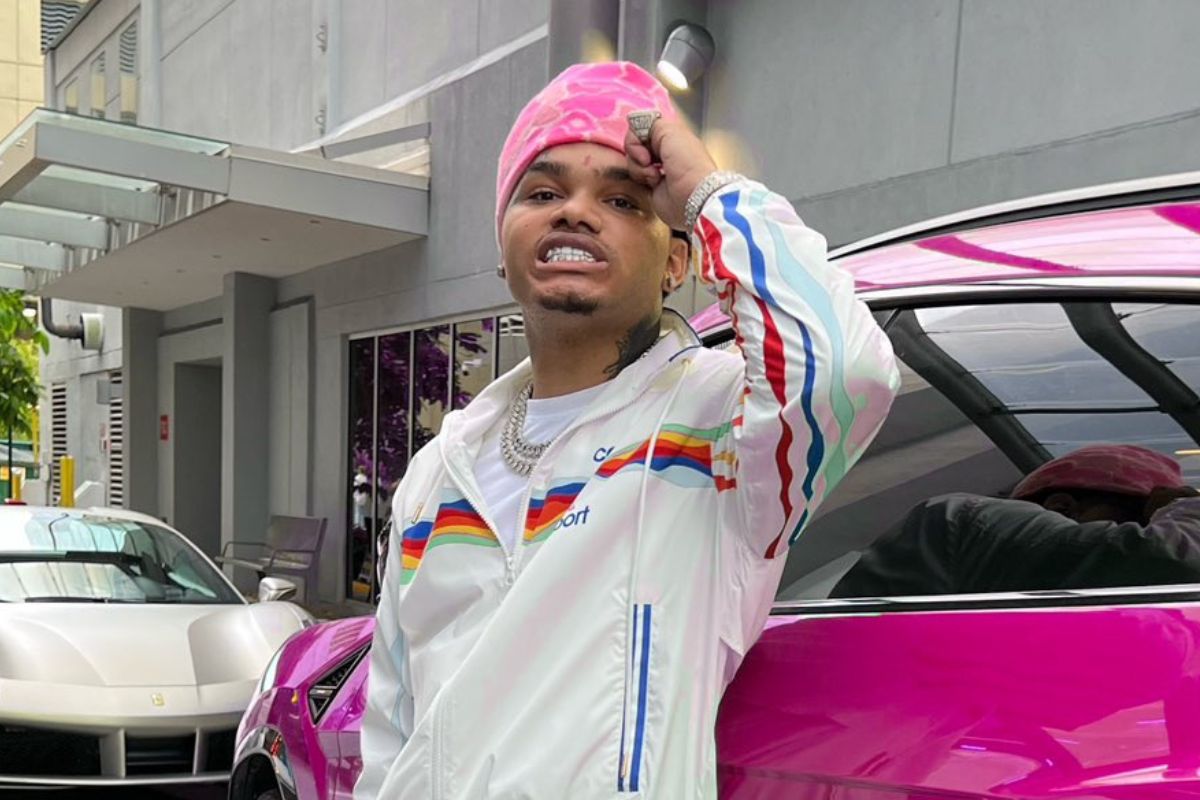The Supreme Court of Georgia overturned a man’s murder conviction due to improper use of a NoCap music video in the defendant’s trial. Georgia’s highest court ruled a trial court abused its discretion by admitting the video as evidence in Morgan Baker’s trial for the 2019 shooting death of Tamarco Head.
“The rap music video was highly prejudicial,” the Supreme Court of Georgia said. “It allowed the State to introduce impermissible propensity evidence by portraying Baker as a threatening gunman, and the prosecutor severely exacerbated the video’s prejudicial impact by emphasizing that it showed Baker’s predisposition to gun violence. Although the video excerpt was relatively brief—it was only about 30-seconds long (as the trial court pointed out in its order denying Baker’s motion for new trial)—the prosecutor made it a focal point of the trial.”
Georgia’s Supreme Court continued, “She played the video for the jury three times at three different points during the trial; questioned three witnesses about the video (specifically highlighting that the video advocated gun violence); and then emphasized during her closing argument that Baker and other rap artists ‘promote[d]’ gun violence, because ‘[t]hat’s all they know,’ a pointed argument that reinforced to the jury Baker’s alleged violent character.”
Baker admitted he was friends with NoCap, whose real name is Kobe Crawford, and never denied his presence at the nightclub where the deadly shooting took place. The Supreme Court of Georgia said prosecutors failed to introduce any evidence proving Baker carried a gun on the night of the shooting.
The court also found no evidence connecting the gun from NoCap’s video to the shooting. It determined prosecutors “aggrandized a connection between Baker and gun violence” by presenting the video as key evidence.
“We cannot say that it is ‘highly probable’ that the trial court’s improper admission of the evidence
of the rap music video did not contribute to the guilty verdict, and thus the State has not met its burden of showing that the error was harmless,” the court explained. “We therefore reverse Baker’s malice murder conviction.”
Baker was sentenced to life in prison in 2022.
